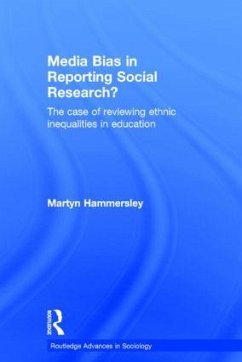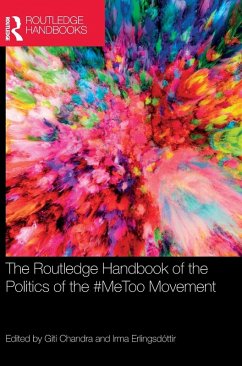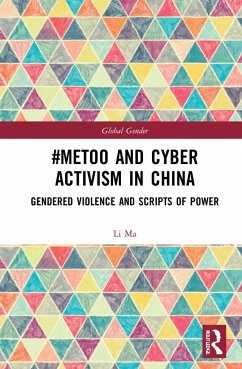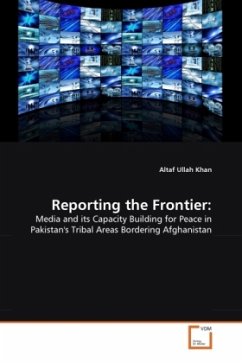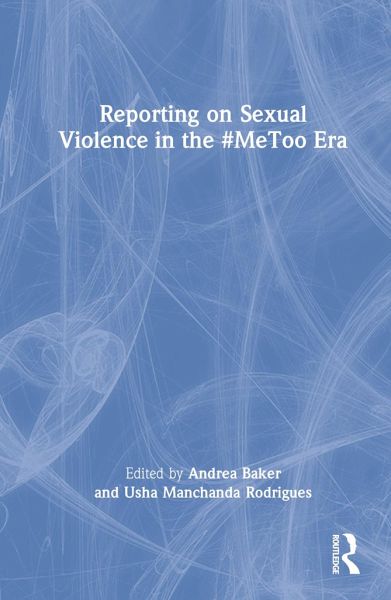
Reporting on Sexual Violence in the #MeToo Era
Versandkostenfrei!
Versandfertig in 1-2 Wochen
149,99 €
inkl. MwSt.
Weitere Ausgaben:

PAYBACK Punkte
75 °P sammeln!
This edited collection examines the role of journalism in reviving and reporting on sexual violence-related hashtags. Bringing together 15 journalism scholars from around the world, this book explores and offers solutions to the common issues and inadequacies of reporting on sexual violence in the media.







